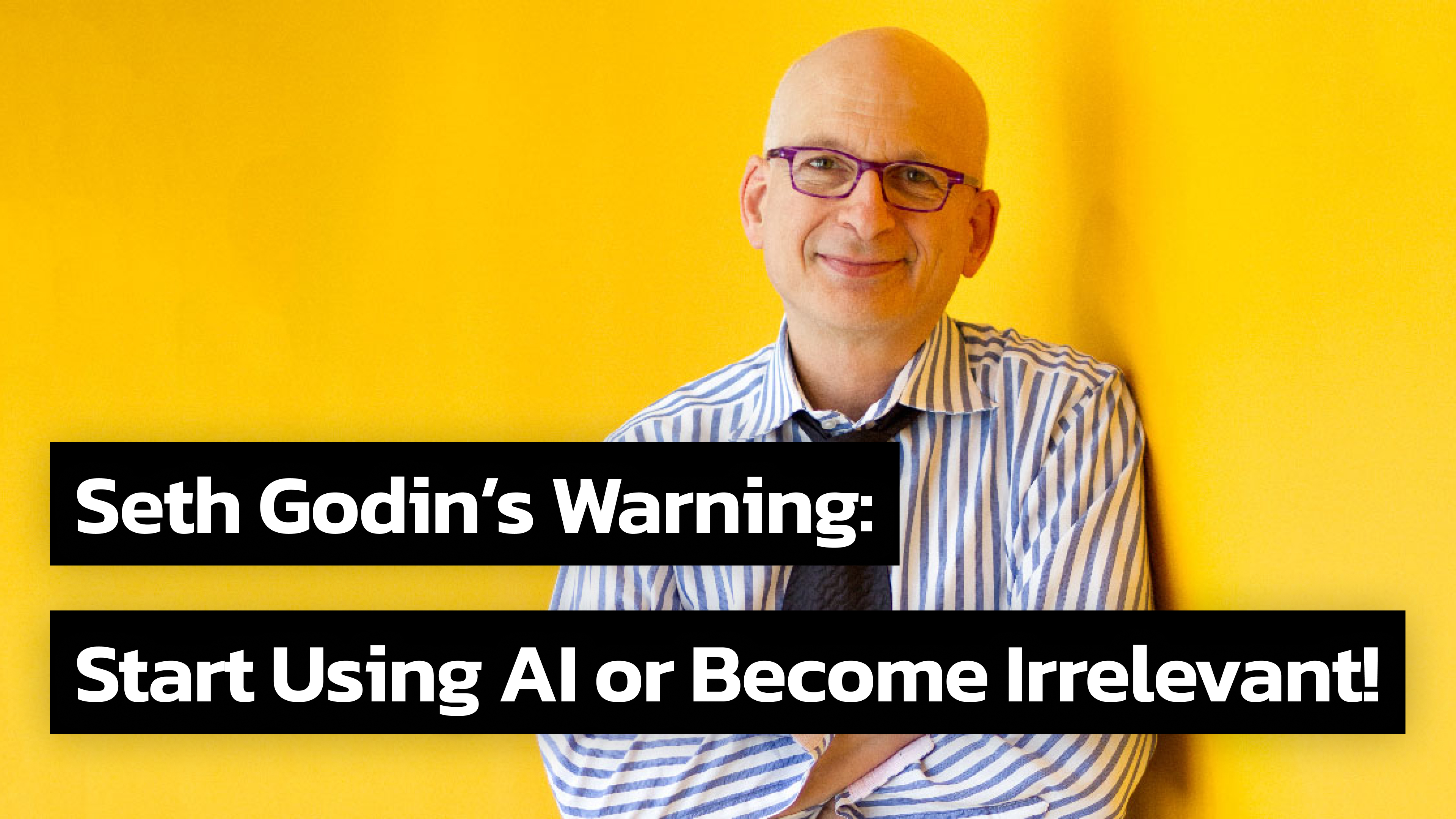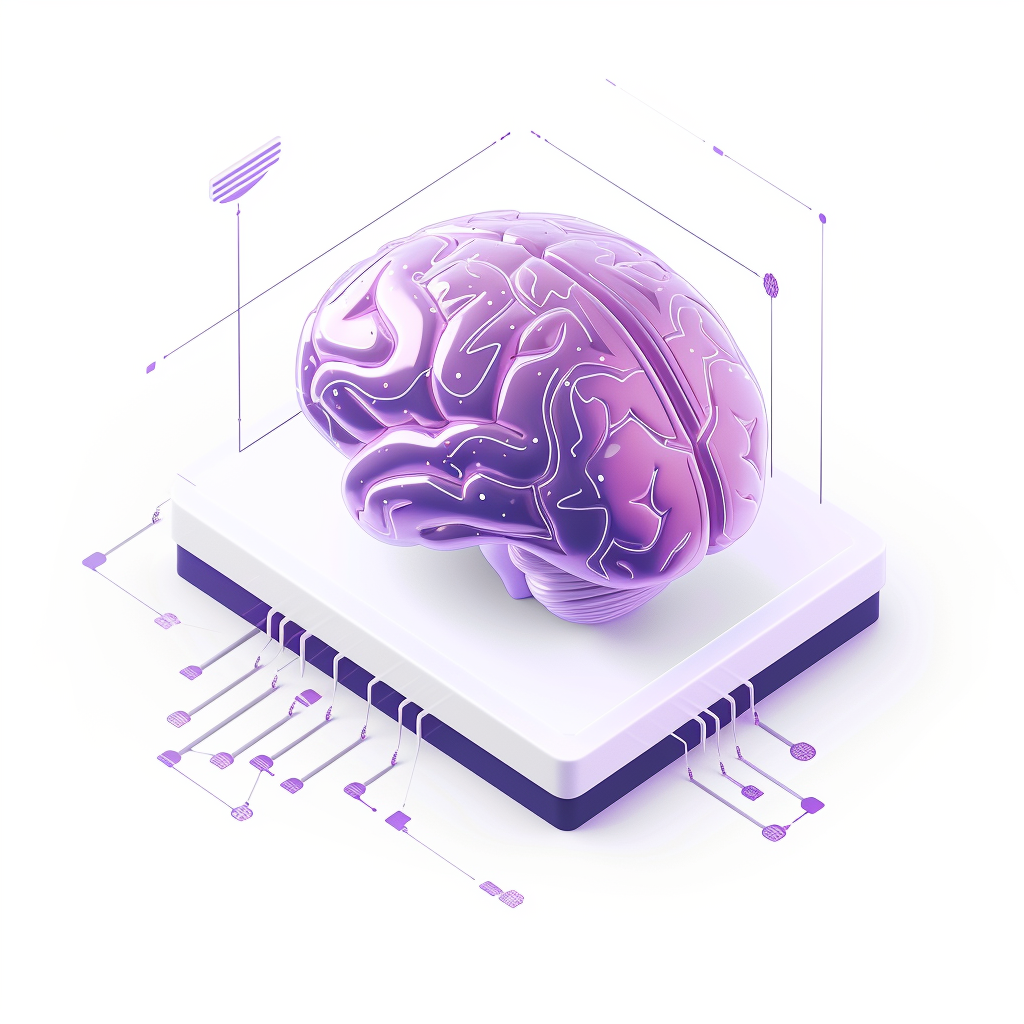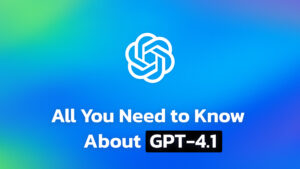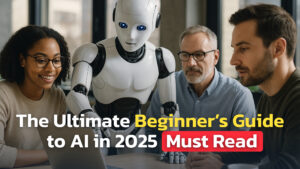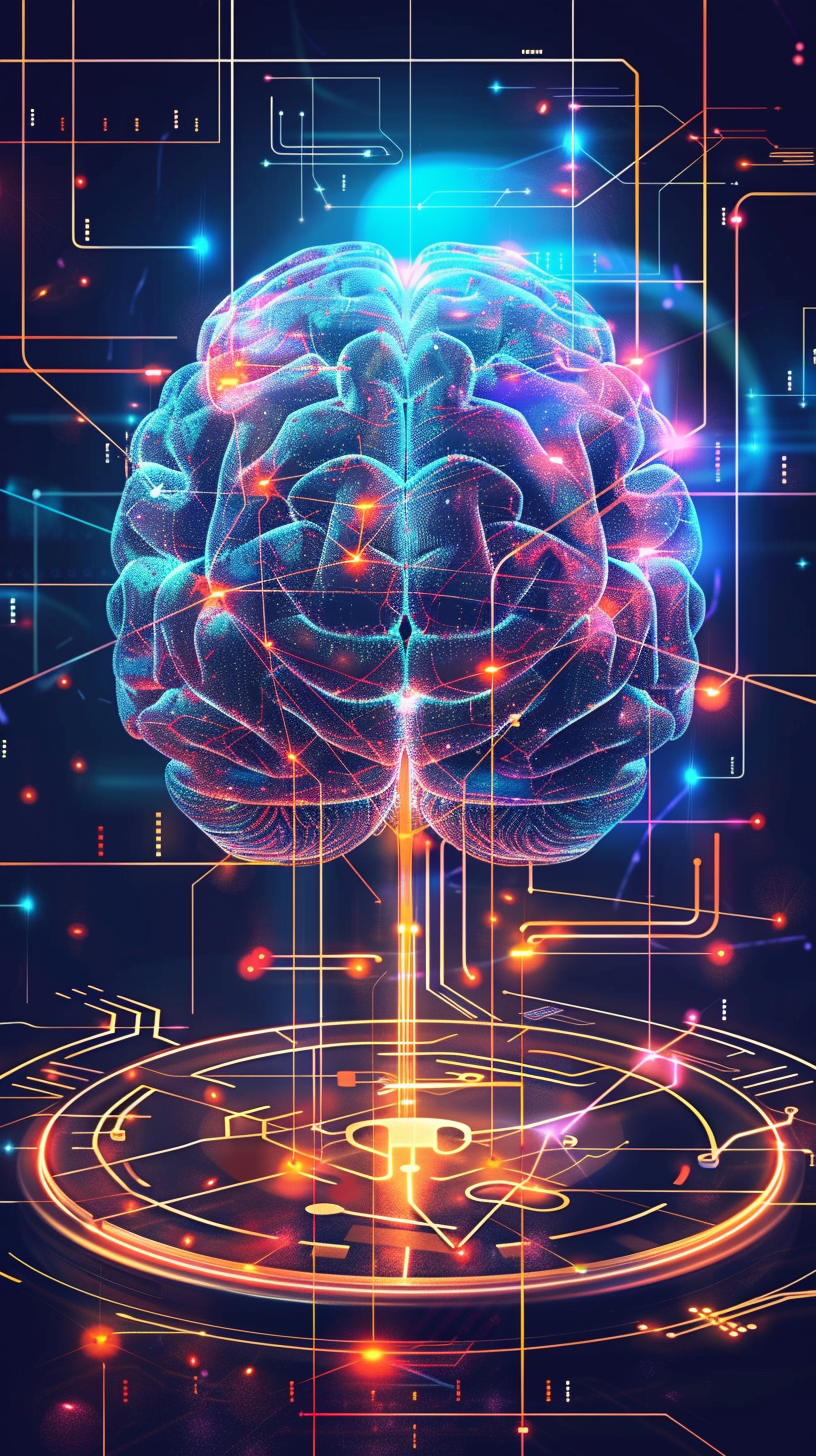In a world where technology moves at lightning speed, marketing guru Seth Godin is sounding the alarm on a change that’s as transformative as the discovery of electricity. According to Godin, artificial intelligence (AI) isn’t just another tech trend—it’s the fundamental force reshaping how businesses operate, communicate, and innovate.
If you’ve ever wondered how to ride this unstoppable wave of innovation or why your competitors might soon leave you in the dust, read on. This is the AI revolution you simply can’t afford to ignore!
AI Is “Electricity” of the 21st Century
Imagine a time when electricity first powered up industries and transformed lives. Now, picture AI doing the same in our modern world. Seth Godin compares AI to electricity—an omnipresent force that every business must harness. Just as companies once scrambled to integrate electric power into their operations, today’s businesses need to adapt to the AI landscape or risk being left behind.
Godin’s bold analogy isn’t just hype—it’s a wake-up call for everyone from CEOs to content creators. AI is already revolutionizing everything from marketing strategies to everyday decision-making processes. This isn’t a distant future; it’s happening right now, and the companies that seize this opportunity will become the new powerhouses of the digital age.
Yet, despite its immense potential, many still see AI as a magic trick—a source of one-off answers rather than a tool for deep, collaborative problem-solving. Godin urges us to look beyond the surface, to understand AI’s underlying mechanics and its probabilistic nature. Only then can we truly appreciate the electrifying impact it can have on creativity and innovation.
What AI Can—and Can’t—Do
The media is full of stories painting AI as either a perfect solution or a catastrophic threat. Seth Godin cuts through the noise by emphasizing that while AI is powerful, it isn’t a flawless magic wand. It operates on probabilities, guided by algorithms that are only as good as the data they’re fed. This means that while AI can automate mundane tasks and deliver rapid insights, it still requires human oversight to steer its creative and strategic applications.
Godin encourages a shift away from viewing AI as a mere search engine. Instead, he champions the idea of using AI as a collaborative partner—one that can brainstorm, refine ideas, and even enhance creative processes. Tools like Claude y Perplexity, which Godin himself utilizes, are perfect examples of how AI can assist in transforming rough ideas into polished concepts. The secret? Iterative feedback loops that allow us to refine and perfect our thoughts, ensuring that our decisions aren’t just reactive but strategically sound.
However, it’s crucial to recognize that AI has its limitations. While it can replace repetitive, average tasks, it can’t replicate the uniquely human qualities of creativity, empathy, and intuition. These human attributes are what ultimately drive breakthrough innovations and forge lasting connections with audiences. In the end, Godin’s message is clear: embrace AI for what it can do, but never lose sight of the irreplaceable human element at the heart of every successful endeavor.
Why Falling Behind Is Not an Option
For many companies, the idea of morphing into “AI companies” might seem daunting, if not unnecessary. But according to Seth Godin, resisting the AI tide comes at a steep price. In today’s hyper-competitive landscape, the failure to integrate AI into your business model isn’t just a missed opportunity—it’s a potential death knell. Those who cling to outdated methods may soon find themselves outpaced by rivals who are leveraging AI to innovate and streamline operations.
This isn’t merely about keeping up with technology; it’s about survival. Godin warns that as AI continues to evolve, businesses that delay adaptation will find themselves locked into obsolete practices. Consider the industries where AI is already making significant inroads—marketing, translation, even radiology. While AI can handle routine, average tasks, the true value lies in its ability to augment human expertise. The companies that get this balance right will not only survive but thrive in the coming AI-driven era.
Moreover, Godin raises concerns about the potential misuse of AI. He highlights risks such as algorithmic bias, reduced transparency, and the over-prioritization of profits over quality. As corporate giants grow and lock in their users with ever more sophisticated AI systems, the risk of deteriorating user experience looms large. His message is urgent: to maintain ethical standards and high-quality service, businesses must harness AI thoughtfully and responsibly, ensuring that technological advancements enhance rather than compromise user experience.
Actionable Strategies to Harness AI’s Power
AI is transforming the digital landscape, and if you want to thrive, Seth Godin’s insights provide a clear path forward. Follow these three actionable steps to stay competitive in the AI-driven world.
Step 1: Make AI Your Creative Partner
Don’t think of AI as just a quick-answer tool. Instead, use it to amplify your creative potential. AI can brainstorm ideas, refine concepts, and take care of repetitive tasks, freeing you to focus on what truly matters—imagination, strategic thinking, and impactful decision-making. When AI becomes a creative partner rather than just a response generator, it can unlock new perspectives and streamline your workflow.
If you’re unsure where to begin, don’t worry. This guide on getting started with AI is designed to take you from a complete beginner to an expert in no time. Whether you’re just dipping your toes into AI or looking for advanced tips, this resource has you covered. It’s the perfect starting point to explore how AI can become a powerful tool in your creative and professional endeavors.
Step 2: Understand How AI Works
Godin emphasizes the importance of “probabilistic thinking.” AI decisions aren’t based on certainties but on data-driven probabilities. Every output from an AI is shaped by patterns and probabilities derived from extensive data rather than absolute truths. By understanding this process, you can enhance your decision-making, better assess risks, and use AI more effectively in your operations.
A key part of mastering this involves knowing how AI systems work beneath the surface. For example, large language models like ChatGPT generate responses through complex neural networks. If you’re curious about how AI like ChatGPT processes information, this deep dive can offer clarity. Additionally, it’s important to cut through common myths about AI, which often lead to unrealistic expectations of what AI can or cannot do.
By investing in training and staying curious about AI’s capabilities, you can make more informed choices and remain ahead of the competition in this rapidly evolving technological landscape.
Step 3: Use AI Responsibly
AI can either elevate human potential or erode trust, depending on its application. Ethical integration is critical to maintaining transparency and accountability. Users need to understand how AI makes decisions, especially in sensitive areas like healthcare and finance, to prevent mistrust or reputational damage.
Fairness is equally vital. AI systems can unintentionally reinforce biases if not properly monitored and trained on diverse data. Companies must also prioritize privacy protection and ensure their AI solutions provide genuine value. By balancing innovation with responsibility, businesses can foster trust, loyalty, and long-term sustainability in an evolving digital landscape.
Conclusión
Seth Godin’s perspective on AI is more than just a bold prediction—it’s a roadmap for thriving in the new digital era. AI is not just a tool for convenience; it’s a transformative force shaping how businesses innovate, solve problems, and create value. By adopting AI as a creative partner, developing a deep understanding of its mechanisms, and committing to ethical integration, you position yourself and your business to lead rather than follow.
The future belongs to those who are willing to evolve. Companies that embrace AI early will not only outpace their competitors but also unlock new opportunities to drive growth, foster trust, and deliver lasting impact. The AI revolution is already here—now is the time to act, adapt, and shape your future. The question is: are you ready to take the lead?

